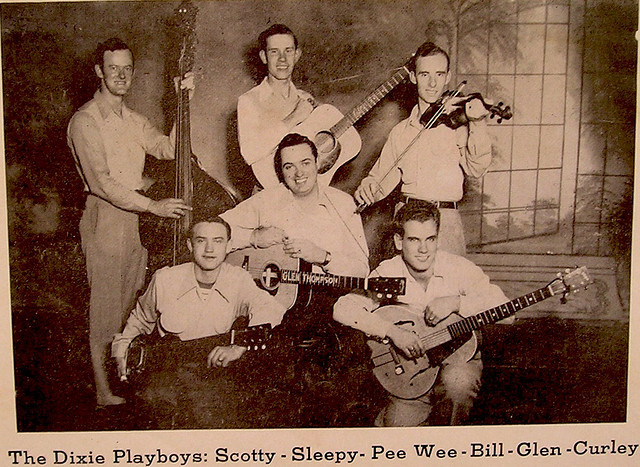Music at Mars Hill is a weekly column by Luke Larsen that seeks to find God amidst the newest trends in both mainstream music and independent music.
For each week’s Music at Mars Hill, we take a look at how the character or “image” of God can be found all around us, even in areas of culture we might deem “unlikely”. This week, we will look at how the pop song “Written in the Stars” takes cues from Christian ideology to tells its story of self-determination and achievement.
Written in the Stars is the recent “stuck-in-your-head” single from UK rapper Tinie Tempah and American rock newcomer, Eric Turner. Featuring an increasingly popular mix between alt-rock and rap, the single’s stadium-sized chorus was the thing that caught my attention first. It wasn’t necessarily the melody or the production that stuck out to me, but the lyrics: “Written in the stars/A million miles away/A message to the main/The seasons come and go/But I will never change/And I’m on my way“. These chorus lyrics, which sound like they could have been taken straight from a Christian worship song (see Starfield’s “Remain”), create an interesting dichotomy between the message of the verses and the message of the chorus.
Because of his ambiguous pronoun usage (“I will never change”), there are basically two ways of interpreting Eric Turner’s chorus. Is Turner singing about a God who is always faithful to bring people through hard times? Or is Turner singing about a relentless self-determination for getting ahead in life? The ambiguity is increased even further when you watch the music video. In one scene Tinie Tempah is beating his own chest while Turner sings the line “I will never change”, but also call-and-responses the line with “He’ll never change”.
The first verse rapped by Tinie Tempah is a typical mix of boast rap and social rap, while in the second verse he tells us of his underdog roots and how he overcame them to achieve success. In the midst of him telling us of his rags to riches past in the second verse, he also mentions that in the moment of his lack of hope he had “given up believin’ and prayin'”. By the end of the verse, however, Tinie Tempah has attempted to show us that if we have enough self-determination, we can do anything in life (“You gotta keep screamin’ till they hear you out”).
How does that combine with the picture of the everlasting and faithful God depicted in the chorus? To me, the strange dichotomy represented in the song is telling of a few things about the culture in which we live. People are familiar with the language of Christianity, enough to even use it in a pop song like this one. Even still, as made evident in “Written in the Stars”, the actual meanings and implications of the language are not quite as understood. As Christians, it seems that in the area of representing the doctrine of Christianity we’ve got quite a lot of work to do.










